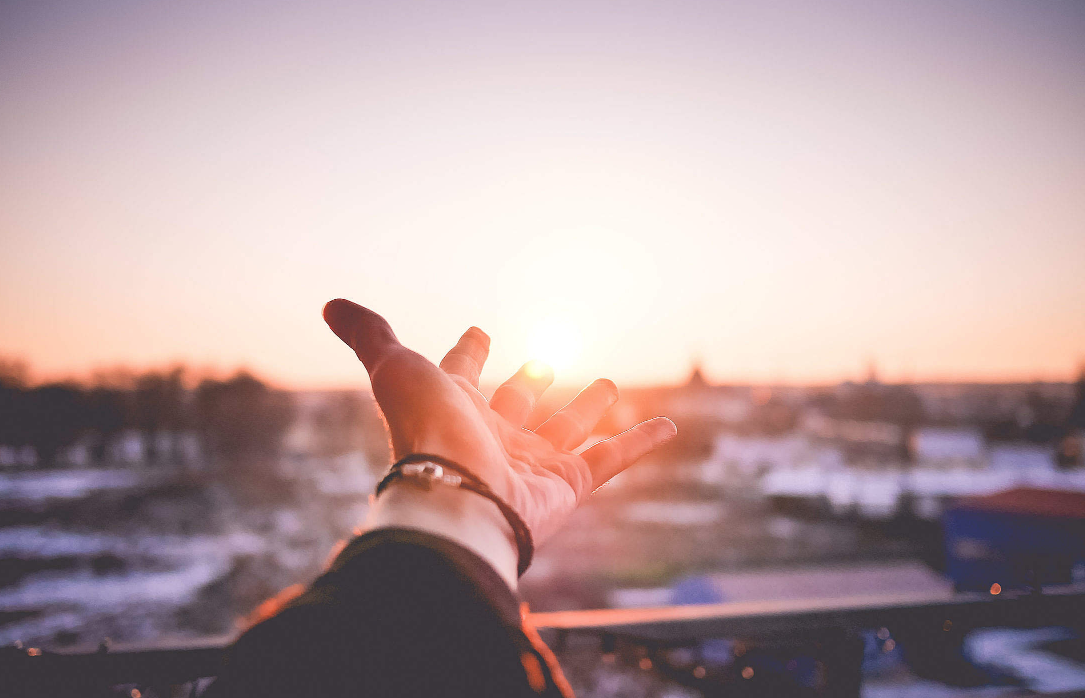The wind was cold off Wellington harbour. A southwester blew hard in your face, forced you to look the other way. I drove my hands deeper into pockets, scarf looped twice around my neck, tied off like pastry at one end. I could see half a head with a body reclining, one leg bent, the other outstretched. It was propped up by the outline of an elbow with a closed fist, the other hand open, palm up. Held out to us like an invitation, sprayed on to a light-grey concrete wall, detailed in black, in white, reds and silvers. The fact it was unfinished seemed strange. Most art work in this city was done in broad daylight. If it wasn’t, it was presented complete. Something that had been laboured on through the night. There was less chance of being caught that way. Yet here it was, at least until the local council decided to remove it.
I stepped past others, nudged my way through shoulders to study it. The neck looked long, almost longer than its limbs. Its body was white, lithe, androgynous. The place where its face should have been was painted black, recessed into an oversized hood that turned cape and floated over its shoulders. The artist could paint. Even in its unfinished state you could see where they were going. Though it was the question it asked that stopped you. It had been sprayed in a thick, dribbling light-blue paint you couldn’t help but reach out to touch, to feel cold stone beneath letters that looked soft. ‘What did you do?’
-˜This is wrong,’ said a woman next to me, her bright red hair tucked into a striped woollen beanie, right hand wrapped around a coffee, a ciggy jammed between her index and middle fingers. She inhaled and vented. -˜It’s not right for people to treat the capital this way.’
-˜You mean with art on its walls?’ I said. -˜Aren’t we surrounded by it? What’s wrong with freedom of speech?’
She hissed in my direction and moved on, unsure of whether to spit at me, the ground or suck her cigarette.
I’d normally walk a different way to work each day. Not because it’d be any faster, more because it broke the monotony of doing the same thing day in day out. Curiosity got the better of me. I skirted the harbour, braving the wind again. A bigger crowd had gathered. Their voices were louder. A mouth had appeared from the darkness. Thick lips stretched across oversized white teeth, set in a grimace, almost cartoonish. The body and limbs had been filled in. There was hair under the armpits, though you still couldn’t tell if it was male or female. -˜You had a choice,’ had been written in the same light-blue paint at the end of the previous sentence. I walked away, though found myself staring at every mouth I passed. Covering their eyes with a hand I held up in search of recognition. I shivered. Not from the wind, more from the story we were being told.
Now it was being told in press. On talk-back, on TV, online, in crosswords. There were calls for the council to paint over it. Of parents keeping their kids away from the harbour walk. Of sightings of both the artist as well as the person in the picture. A bid from Te Papa for the completed work. Stakeouts from every quarter to see who was doing it. A warning from police to stay away, yet the food trucks closed in.
And despite all this, they’d somehow found a way. The body was now complete. Long silver hair framed its face. No new features had been added beyond holes that had been drilled into the concrete wall where two separate bolts had been placed instead of eyes. Black business shoes had been sprayed on its feet. -˜A chance to do everything, yet you did nothing. Come and look at yourself tomorrow,’ had been sprayed in light-blue.
The crowd was restless. It was barely dawn yet there was a media crew on site. Flood-lights lit up the scene as I arrived. People were scratching their heads. Candles burned around the site. Some had held all-night vigils, desperate to see who or what would appear. I pushed my way through to a position where I could see the wall. Nothing had changed. There were only bolts above teeth that looked whiter than ever in the morning light. The sun rose gently above the Rimutaka’s. I recognised a woman in a striped beanie with a cigarette pinched between her teeth, forcing her way into the crowd. She took a large square parcel from an oversized bag. She undid the twine holding the brown paper as the crowd watched her. She stood in front of the work as the crowd behind her jostled for position. She dropped to her knees as the sun rose, catching the glass front of the mirror she’d hung. Her hands rested upon her head as the police moved in.
